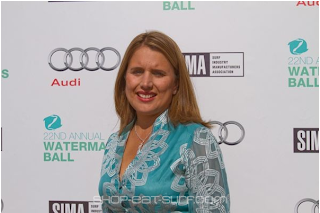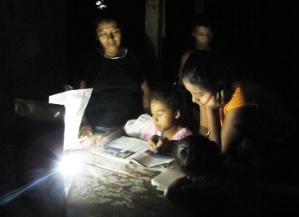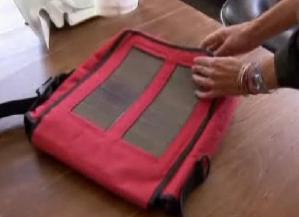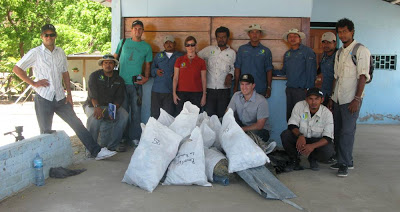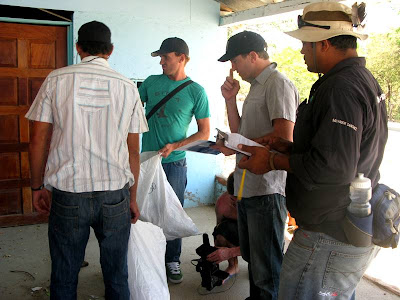Parrots make headlines in today’s LA Times:
Tweti’s nonprofit Parrot Care Project and Cage xChange Campaign will begin this month at a Santa Monica exotic bird shop where free veterinary exams will be available and experts will be on hand to discuss avian nutrition, how to choose the right cage and how to equip it with toys.
We’ll be at Omar’s in Santa Monica on Saturday, April 29th for the Parrot Care Project and Cage xChange event. We’ll talk about how what we’ve learned from four years of observing the Yellow-naped Amazon in Nicaragua can help parrot owners in the United States.
